
February 07, 2020
Bulletin interne de l'Institut Pasteur


Coronavirus 2019-nCoV outbreak: key stages in the Institut Pasteur's mobilization
Since the coronavirus outbreak emerged in the Chinese city of Wuhan back in December, the teams at the Institut Pasteur and the member institutes in its network have taken action on several fronts. By Wednesday February 5, the number of deaths from the outbreak had reached 492, with more than 24,554 people infected by the virus in continental China (excluding Hong Kong and Macao) and over 20 other countries reporting confirmed cases of infection. We have compiled a brief calendar charting the development of the outbreak and the key stages in the Institut Pasteur's response.
 31.12.2019
31.12.2019
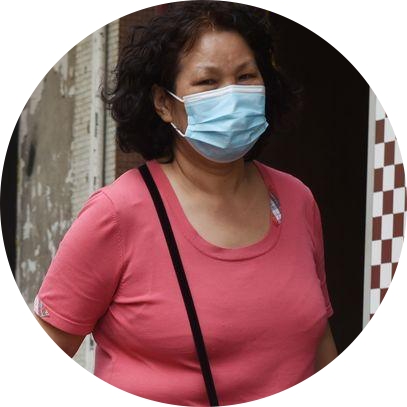 The Chinese authorities inform the World Health Organization (WHO) of the emergence of several cases of apparently viral pneumonia of unknown etiology in the city of Wuhan (the capital of Hubei province in central China, population 11 million).
The Chinese authorities inform the World Health Organization (WHO) of the emergence of several cases of apparently viral pneumonia of unknown etiology in the city of Wuhan (the capital of Hubei province in central China, population 11 million).
 09.01.2020
09.01.2020
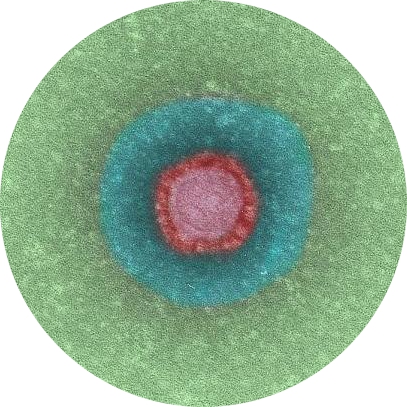 Discovery of a novel coronavirus (2019-nCoV, which differs from the viruses SARS-CoV, responsible for the SARS outbreak in 2003, and MERS-CoV, responsible for an ongoing outbreak that began in 2012 in the Middle East) officially announced by the Chinese health authorities and the World Health Organization (WHO). The novel virus is confirmed as the agent responsible for the pneumonia cases in Wuhan.
Discovery of a novel coronavirus (2019-nCoV, which differs from the viruses SARS-CoV, responsible for the SARS outbreak in 2003, and MERS-CoV, responsible for an ongoing outbreak that began in 2012 in the Middle East) officially announced by the Chinese health authorities and the World Health Organization (WHO). The novel virus is confirmed as the agent responsible for the pneumonia cases in Wuhan.
 First requests to the Institut Pasteur from the media concerning the outbreak (media enquiries have continued to grow ever since, especially following the announcement by the Ministry of Health of three confirmed cases in France on January 24 and the major scientific briefings by the Institut Pasteur on January 30 and 31).
First requests to the Institut Pasteur from the media concerning the outbreak (media enquiries have continued to grow ever since, especially following the announcement by the Ministry of Health of three confirmed cases in France on January 24 and the major scientific briefings by the Institut Pasteur on January 30 and 31).
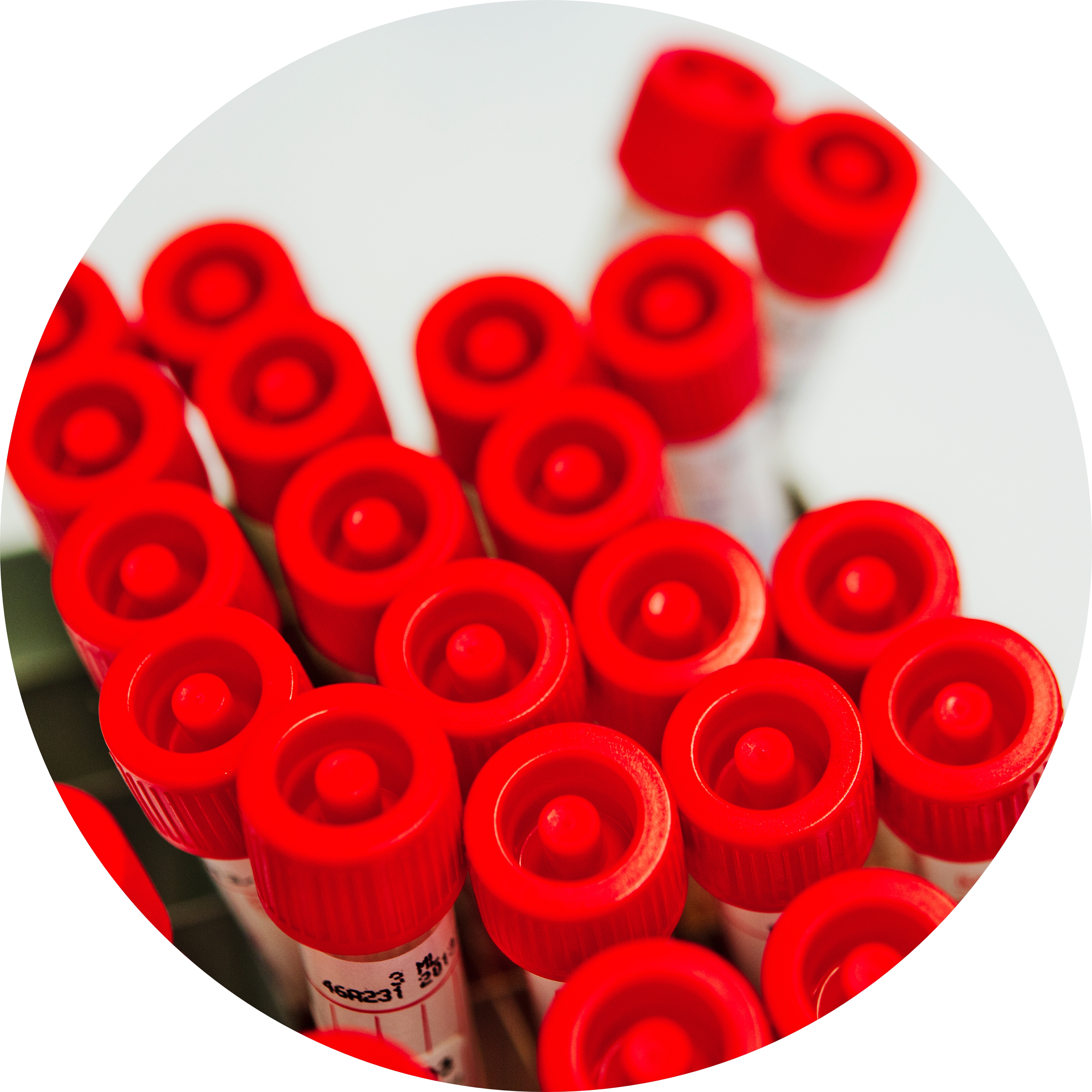 Mobilization of teams in the National Reference Center (CNR) for Respiratory Viruses and the Laboratory for Urgent Response to Biological Threats (CIBU) at the Institut Pasteur. Thanks to the concerted efforts of these two laboratories, the Institut Pasteur is in a position to respond 24/7 to requests from health authorities as they deal with this previously unknown virus.
Mobilization of teams in the National Reference Center (CNR) for Respiratory Viruses and the Laboratory for Urgent Response to Biological Threats (CIBU) at the Institut Pasteur. Thanks to the concerted efforts of these two laboratories, the Institut Pasteur is in a position to respond 24/7 to requests from health authorities as they deal with this previously unknown virus.
 28.01.2020
28.01.2020
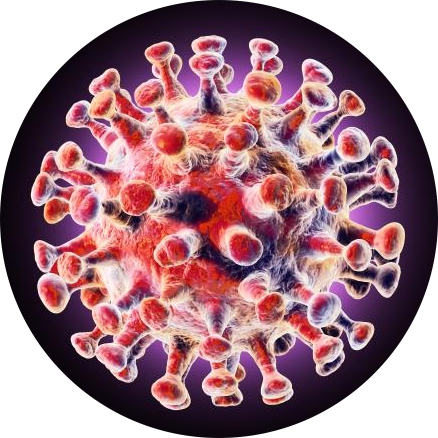 Following on from a first scientific meeting on January 21, a task force composed of research teams and support services is set up at the Institut Pasteur.
Following on from a first scientific meeting on January 21, a task force composed of research teams and support services is set up at the Institut Pasteur.
 29.01.2020
29.01.2020
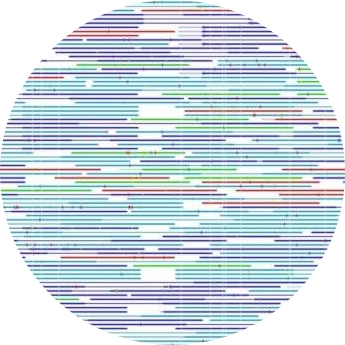 Press release: Institut Pasteur sequences the whole genome of the Wuhan coronavirus, 2019-nCoV, using the samples taken from the first confirmed French cases. Thursday January 30, 2020, the Institut Pasteur obtains and shares the whole sequence of the virus.
Press release: Institut Pasteur sequences the whole genome of the Wuhan coronavirus, 2019-nCoV, using the samples taken from the first confirmed French cases. Thursday January 30, 2020, the Institut Pasteur obtains and shares the whole sequence of the virus.
 31.01.2020
31.01.2020
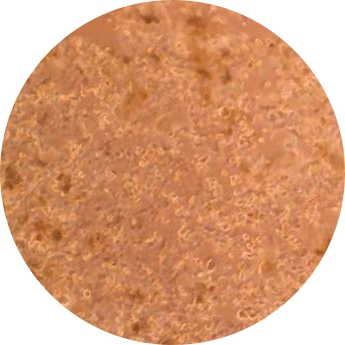 Press release: Institut Pasteur rapidly isolates strains of coronavirus 2019-nCoV detected in France.
Press release: Institut Pasteur rapidly isolates strains of coronavirus 2019-nCoV detected in France.
 The Institut Pasteur holds a press conference, streamed live via its Twitter account, to provide more information about its recent progress on the coronavirus. A special fundraising campaign is announced.
The Institut Pasteur holds a press conference, streamed live via its Twitter account, to provide more information about its recent progress on the coronavirus. A special fundraising campaign is announced.

03.02.2020
 The special fundraising campaign is officially launched and reported in the media (the lunchtime news broadcast on France 2, CNews, etc.). A banner about the outbreak is added to the pasteur.fr home page.
The special fundraising campaign is officially launched and reported in the media (the lunchtime news broadcast on France 2, CNews, etc.). A banner about the outbreak is added to the pasteur.fr home page.
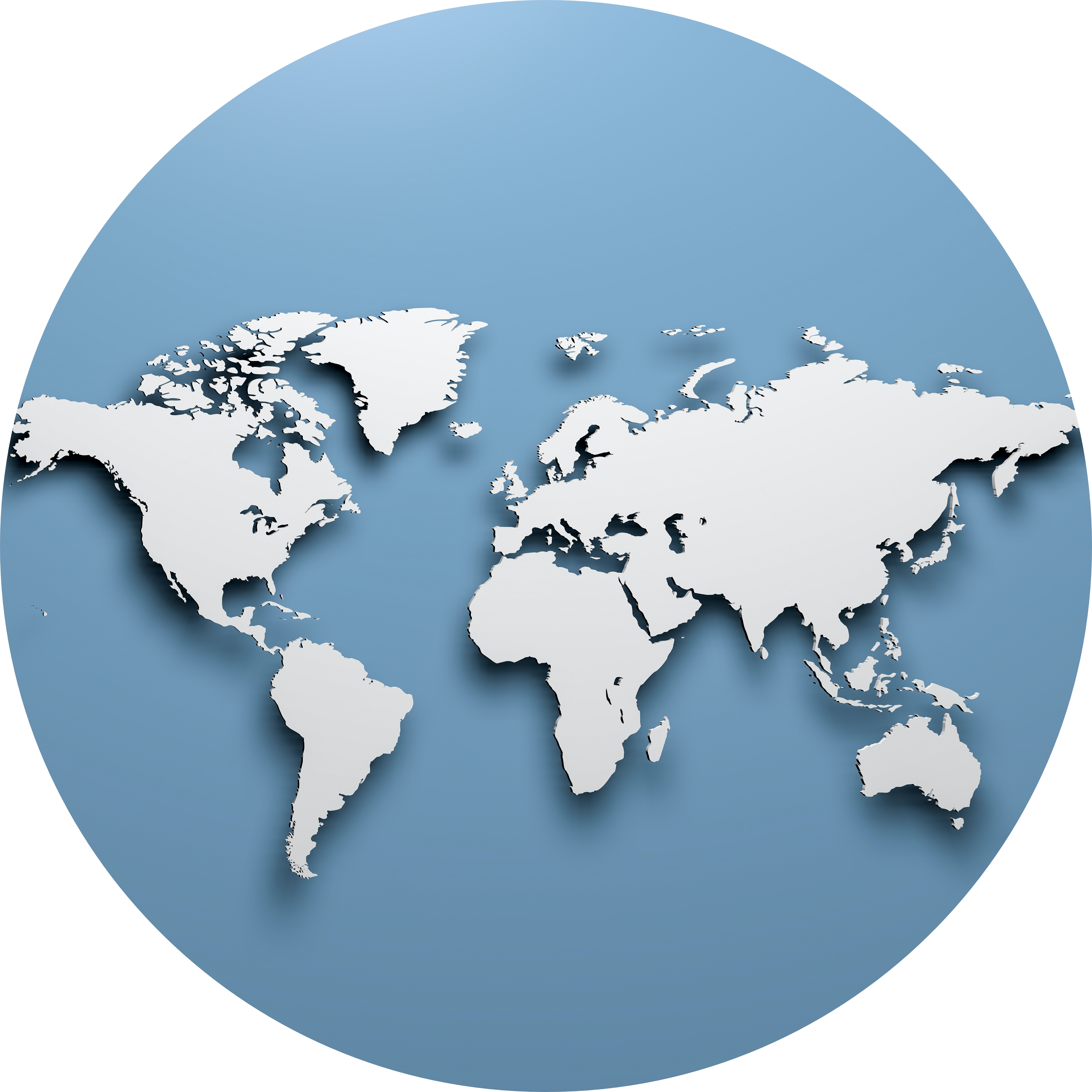
Meanwhile, from the very early days of the outbreak, the member institutes in the Institut Pasteur International Network have also been active. In Asia, the institutes in Shanghai, Laos and Cambodia have worked alongside local authorities to offer expertise and first-line diagnosis.
The African institutes in the International Network are preparing for the arrival of the outbreak on the African continent by equipping themselves with diagnostic techniques and basic equipment, mostly sent from Hong Kong.
Travel recommendations:

In light of the ongoing outbreak, which WHO has now declared to be "a public health emergency of international concern", the French Ministry for Europe and Foreign Affairs strongly recommends postponing any travel to Wuhan and within Hubei province; it also recommends postponing any non-essential travel to China, whether in a personal or a professional capacity.
You can keep up to date with the situation by regularly checking the website of the Ministry for Europe and Foreign Affairs – see "Dernières minutes" (Latest news) in the "Conseils aux voyageurs" (Advice for travelers) section for the country concerned – and regularly consulting the web pages published by the World Health Organization (WHO), the European Center for Disease Prevention and Control (ECDC) and Santé Publique France website.